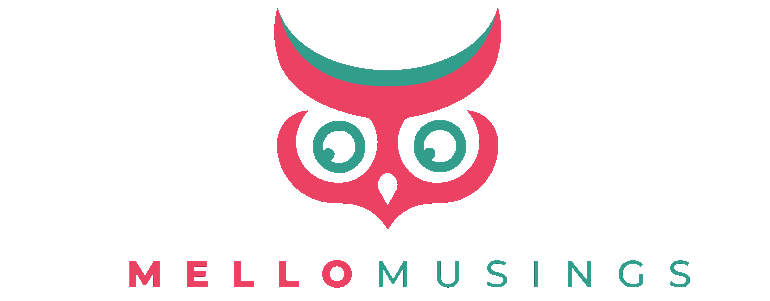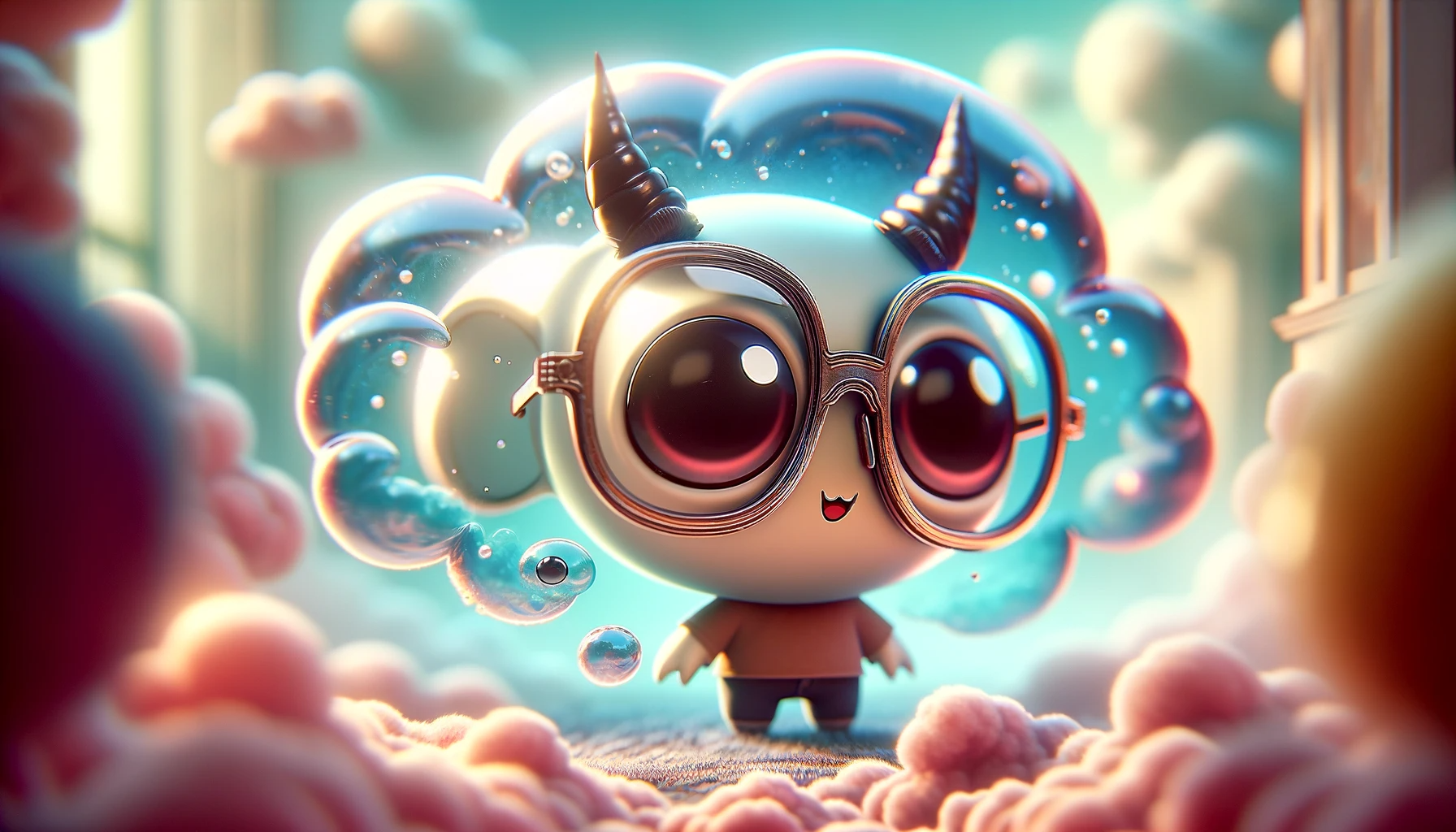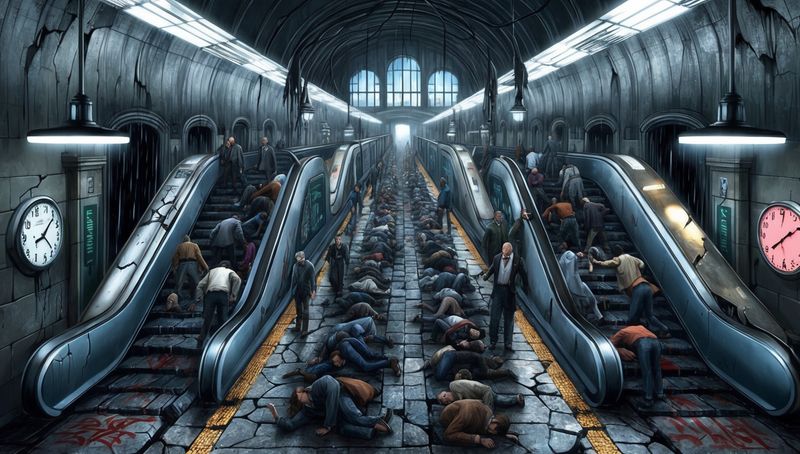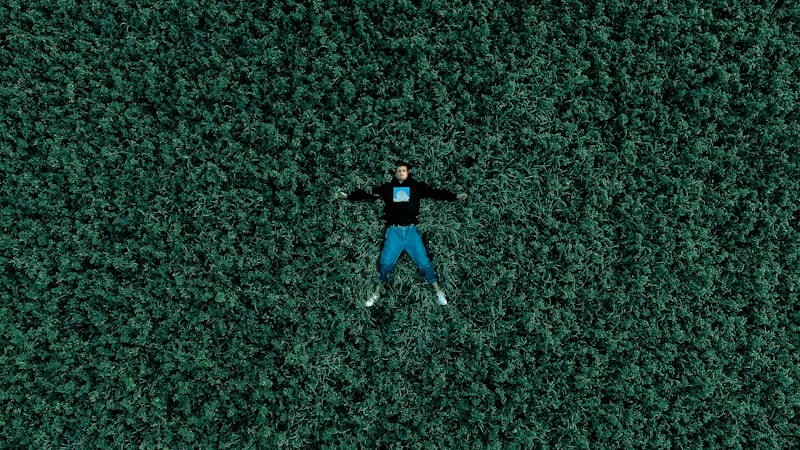A 2020 study reveals that over 60% of individuals experience persistent feelings of inadequacy.
Inside our cranial cavities, there roams a curious creature called Dweebo – a representative of the insecurities that often tiptoe through our thoughts. Dweebo isn't menacing; rather, it's a cute, quirky monster, embodying the often playful yet profound nature of our inner doubts and fears. This creature, while imaginary, is a poignant symbol of the psychological journey we all undertake in grappling with feelings of inadequacy and self-doubt.
The concept of Dweebo springs from a well of psychological studies that have delved into the impacts of insecurity. A staggering statistic from a 2020 study reveals that over 60% of individuals experience persistent feelings of inadequacy in their personal and professional lives. This data not only highlights the ubiquity of these emotions but also underscores the importance of addressing them.
Insecurity, much like Dweebo, often starts as something small and manageable.
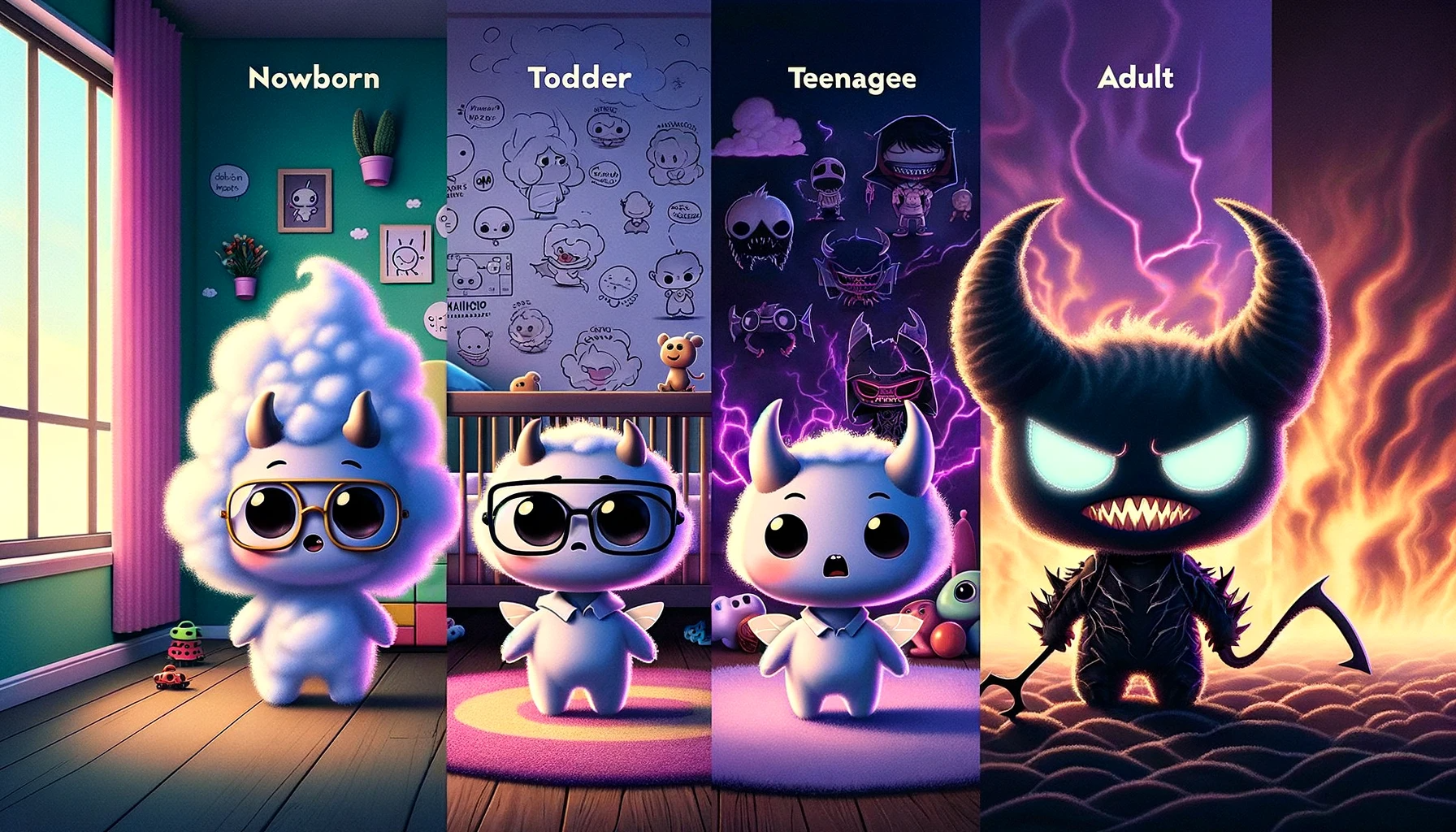
However, without proper attention, it can grow, influencing our decisions, relationships, and even our health. Research in the field of psychology has shown that prolonged feelings of insecurity can lead to significant stress, anxiety, and in severe cases, depression. These feelings can create a self-fulfilling prophecy, where the fear of not being good enough actually hampers our ability to achieve our potential.
But Dweebo isn't just a symbol of our struggles; it also represents hope and the potential for growth.
The very acknowledgment of our insecurities is the first step in a transformative journey. By personifying our doubts, we can start to understand and negotiate with them. This approach is rooted in therapeutic techniques like cognitive-behavioral therapy, which encourages individuals to identify, challenge, and change negative thought patterns.
Interestingly, embracing our inner Dweebo can lead to unexpected outcomes. A study published in the Journal of Personality and Social Psychology suggests that acknowledging and working through insecurities can foster empathy, resilience, and creativity. This is because facing our inner monsters often requires innovative thinking and a deep understanding of the human condition – skills that are invaluable in both personal growth and social interactions.
In embracing Dweebo, we also embrace the quirks, the idiosyncrasies, and the imperfections that make us uniquely human. It's a journey of understanding that being vulnerable doesn't equate to weakness, but rather to a courageous willingness to confront and grow from our challenges. This perspective is vital in a world where mental health is increasingly coming to the forefront of social consciousness.
Embracing Dweebo is not about surrendering to our fears, but rather learning to coexist with them in a way that fosters personal growth and understanding. One of the key aspects of living harmoniously with Dweebo is the concept of self-compassion.
Dr. Kristin Neff, a leading researcher in this field, has highlighted the transformative power of being kind to ourselves, especially in moments of doubt or failure. This approach doesn’t mean ignoring our flaws or failures but rather treating ourselves with the same kindness and understanding that we would offer to a good friend. It’s about recognizing that Dweebo, with all its insecurities, is a part of the human experience, shared by all.
This introspective journey also has a broader social impact. As we learn to manage our own Dweebos, we become more empathetic towards others. We start to see the insecurities hiding behind other people's actions, leading to more understanding and compassionate interpersonal relationships. This ripple effect can contribute to creating a more empathetic society, where people are more attuned to the struggles of others and more willing to offer support.
Moreover, Dweebo’s story is a reminder of the ever-changing nature of our insecurities. Just as Dweebo can grow and evolve, so can our feelings of inadequacy. They are not static; they are influenced by our experiences, beliefs, and actions. This realization empowers us to take an active role in shaping our relationship with our insecurities. We learn that we have the power to redefine our fears and, in doing so, redefine ourselves.
Dweebo, the cute monster of insecurity, is much more than a whimsical figure of our imagination. It’s a powerful symbol of our shared human experience, a catalyst for personal growth, and a beacon of hope for a more empathetic society. As we navigate the complexities of life, let us remember that our insecurities, much like Dweebo, are not to be feared or shunned. Instead, they are to be understood, embraced, and transformed into stepping stones for our journey towards self-actualization and collective understanding. In the end, it’s through our interactions with our own Dweebos that we learn the most about ourselves and the world around us.
